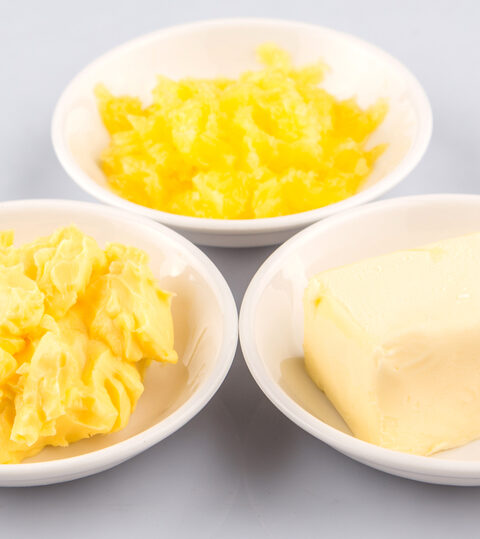As more people seek dairy alternatives, plant-based milks have grown in popularity for their versatility, flavor, and nutritional benefits. Many of these milks are packed with essential nutrients like calcium, vitamin D, and protein, making them ideal for those avoiding dairy or looking for healthier alternatives. These 15 delicious plant-based milks are not only rich in flavor but also in essential nutrients.
Contents
- 1 Almond Milk
- 2 Soy Milk
- 3 Oat Milk
- 4 Coconut Milk
- 5 Hemp Milk
- 6 Cashew Milk
- 7 Rice Milk
- 8 Pea Milk
- 9 Macadamia Milk
- 10 Quinoa Milk
- 11 Flax Milk
- 12 Walnut Milk
- 13 Sesame Milk
- 14 Pumpkin Seed Milk
- 15 Barley Milk
- 16 More From RetailShout
- 17 21 Aldi Fall 2024 Items, Ranked Worst To Best
- 18 15 Energizing Teas to Incorporate into Your Day
Almond Milk
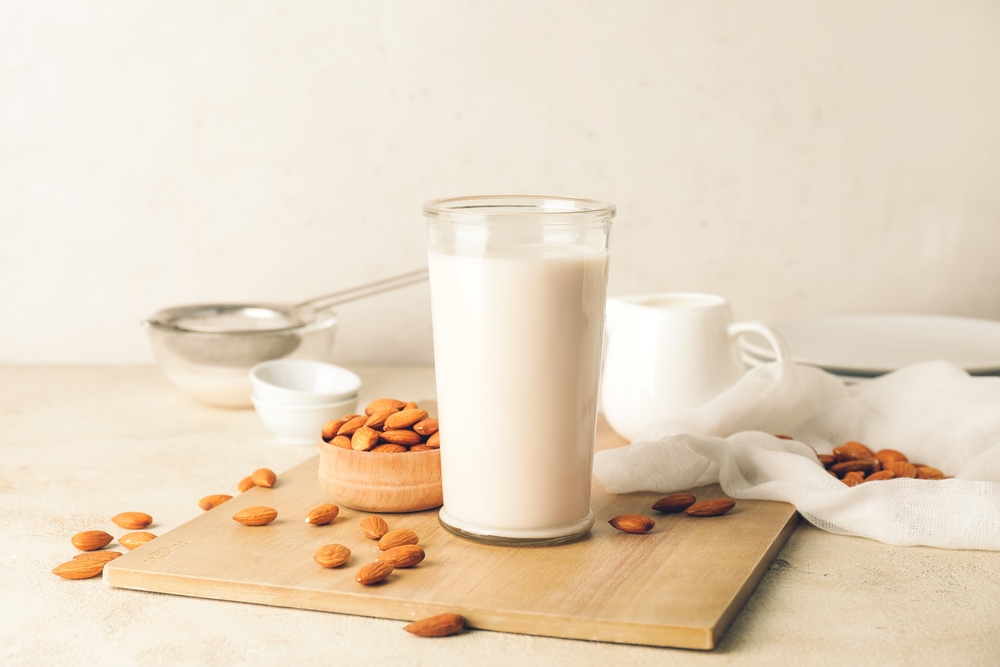
Almond milk is a popular choice for its mild flavor and low calorie count. Made by blending almonds and water, it is rich in vitamin E, a powerful antioxidant that supports skin health. Many brands fortify almond milk with calcium and vitamin D to make it nutritionally comparable to cow’s milk. This milk is also low in sugar and fat, making it an excellent option for weight management. It works well in smoothies, coffee, and baking recipes.
Soy Milk
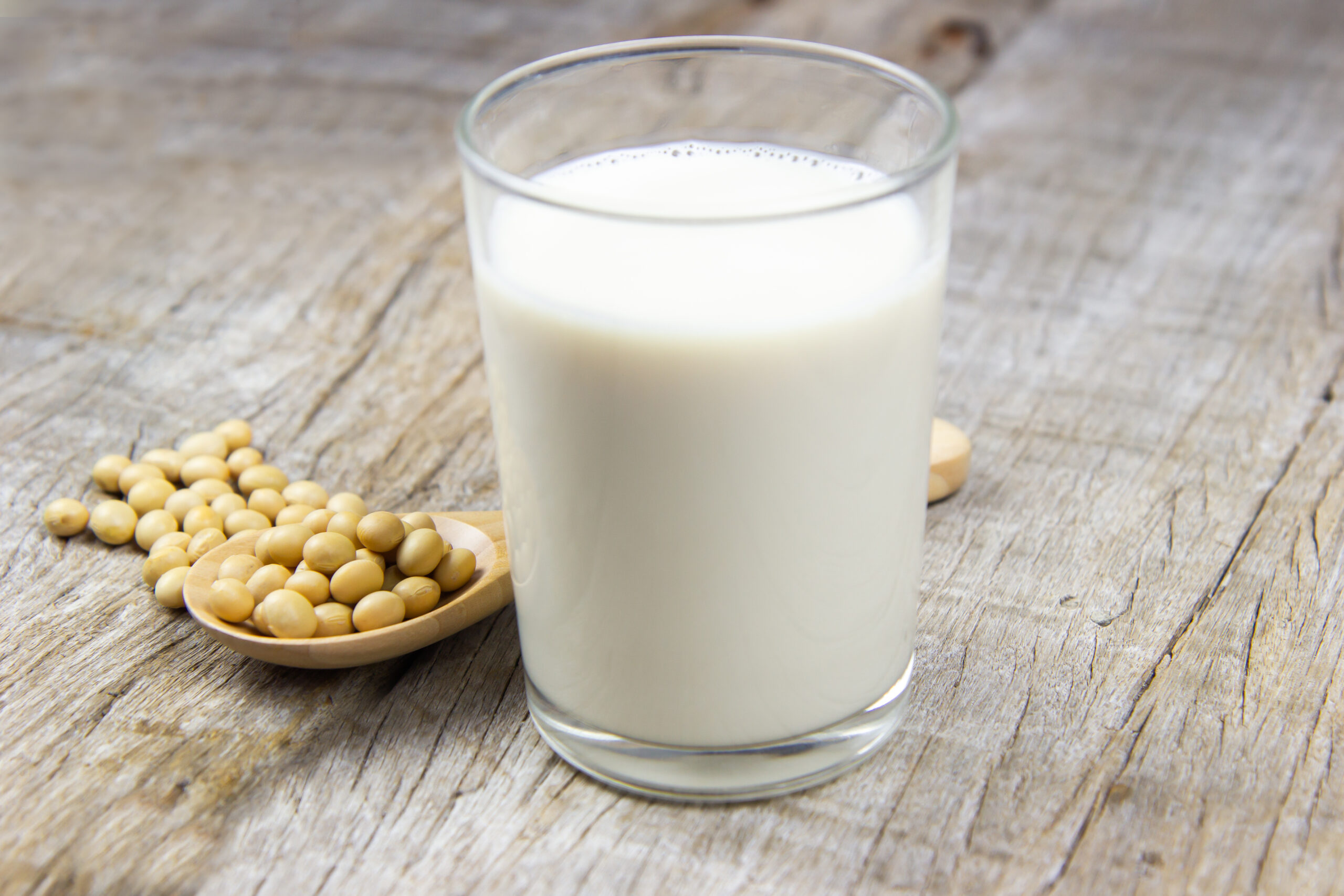
Soy milk stands out for its high protein content, often matching cow’s milk in this area. It is made by soaking and blending soybeans with water, and it’s typically fortified with calcium and vitamin D. Soy milk contains all nine essential amino acids, making it a complete protein source, ideal for vegans. The milk is also rich in B vitamins, which are vital for energy production. It has a creamy texture, making it perfect for lattes and creamy soups.
Oat Milk
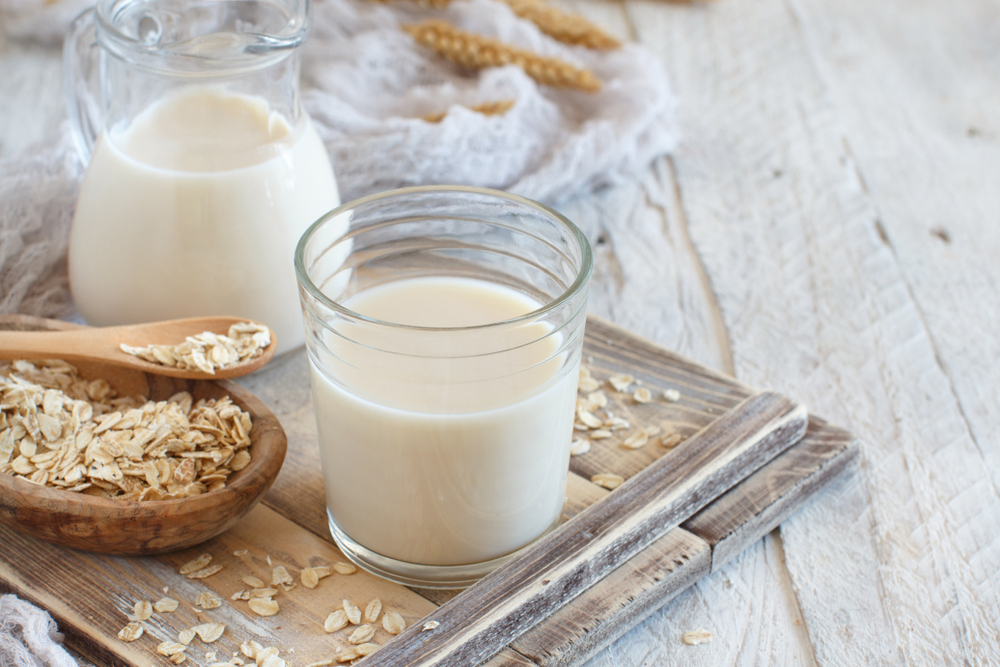
Oat milk is celebrated for its creamy texture and naturally sweet flavor, making it a favorite for lattes and cereals. It is rich in fiber, particularly beta-glucans, which are known to support heart health by lowering cholesterol levels. Many oat milk brands fortify it with essential vitamins like B12, calcium, and vitamin D. Its thick consistency makes it a great dairy alternative for baking and cooking. It is also a great option for those with nut allergies.
Coconut Milk
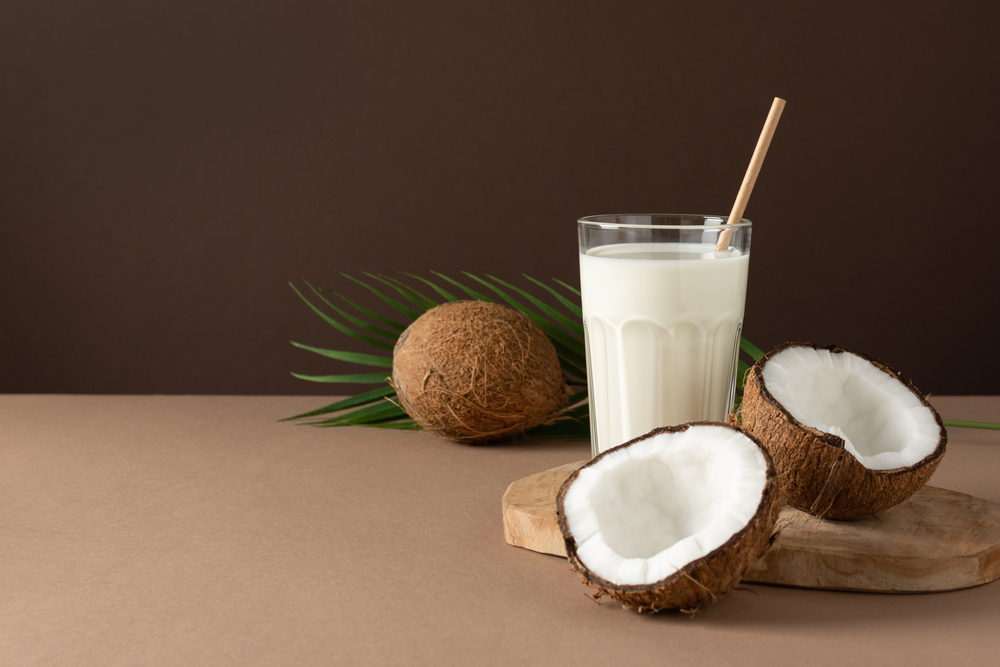
Coconut milk is a tropical delight known for its rich, creamy texture and subtle sweetness. It is made by blending the white flesh of coconuts with water, resulting in a milk high in healthy fats, particularly medium-chain triglycerides (MCTs). These fats are believed to provide quick energy and support brain function. While not as protein-rich as other plant milks, it is often fortified with essential nutrients like calcium and vitamin D. Coconut milk adds a luxurious texture to curries, smoothies, and desserts.
Hemp Milk
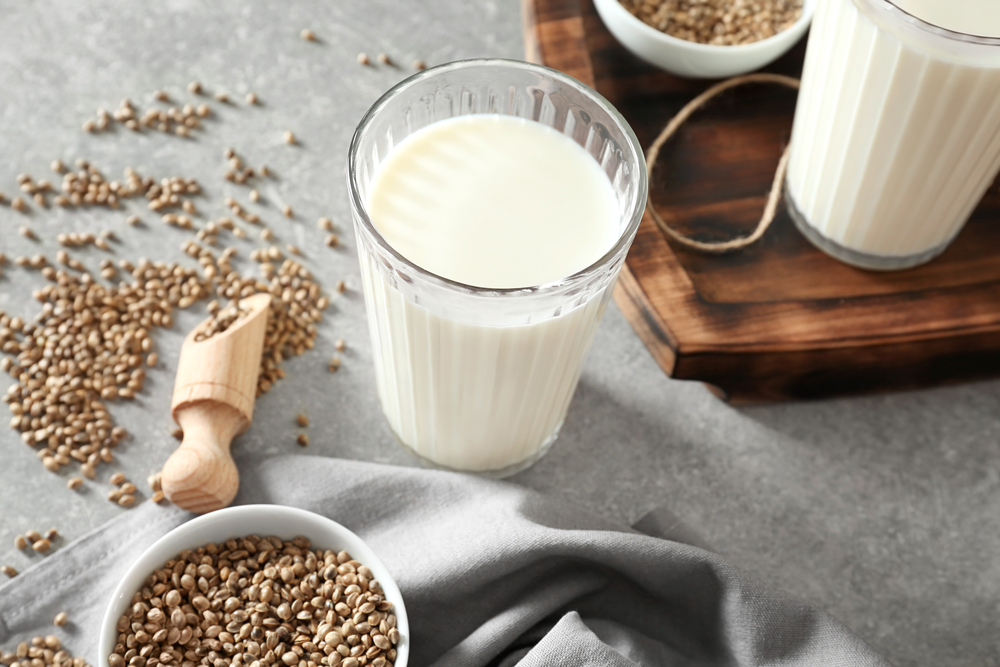
Hemp milk is a lesser-known plant-based milk, but it’s incredibly nutrient-dense. It is made from the seeds of the hemp plant, which are rich in omega-3 and omega-6 fatty acids, essential for heart and brain health. Hemp milk is also a good source of plant-based protein, containing all nine essential amino acids. Many brands fortify it with calcium, vitamin D, and B12. Its nutty flavor and creamy texture make it great for smoothies and baking.
Cashew Milk
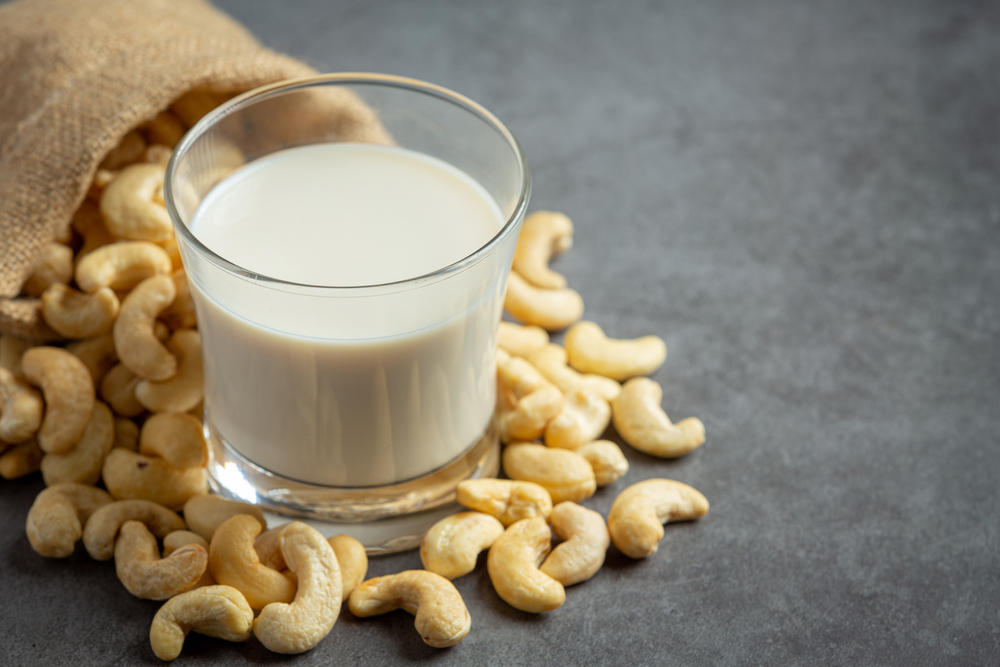
Cashew milk offers a smooth, creamy texture with a subtly nutty flavor, perfect for coffee, smoothies, and sauces. Made by blending cashews with water, it’s a good source of healthy fats and magnesium, which supports bone health and helps reduce blood pressure. Like other nut milks, it’s often fortified with calcium and vitamin D for added nutritional benefits. Cashew milk is naturally lower in calories and sugar compared to other dairy alternatives. It’s a versatile ingredient that can be used in both sweet and savory dishes.
Rice Milk
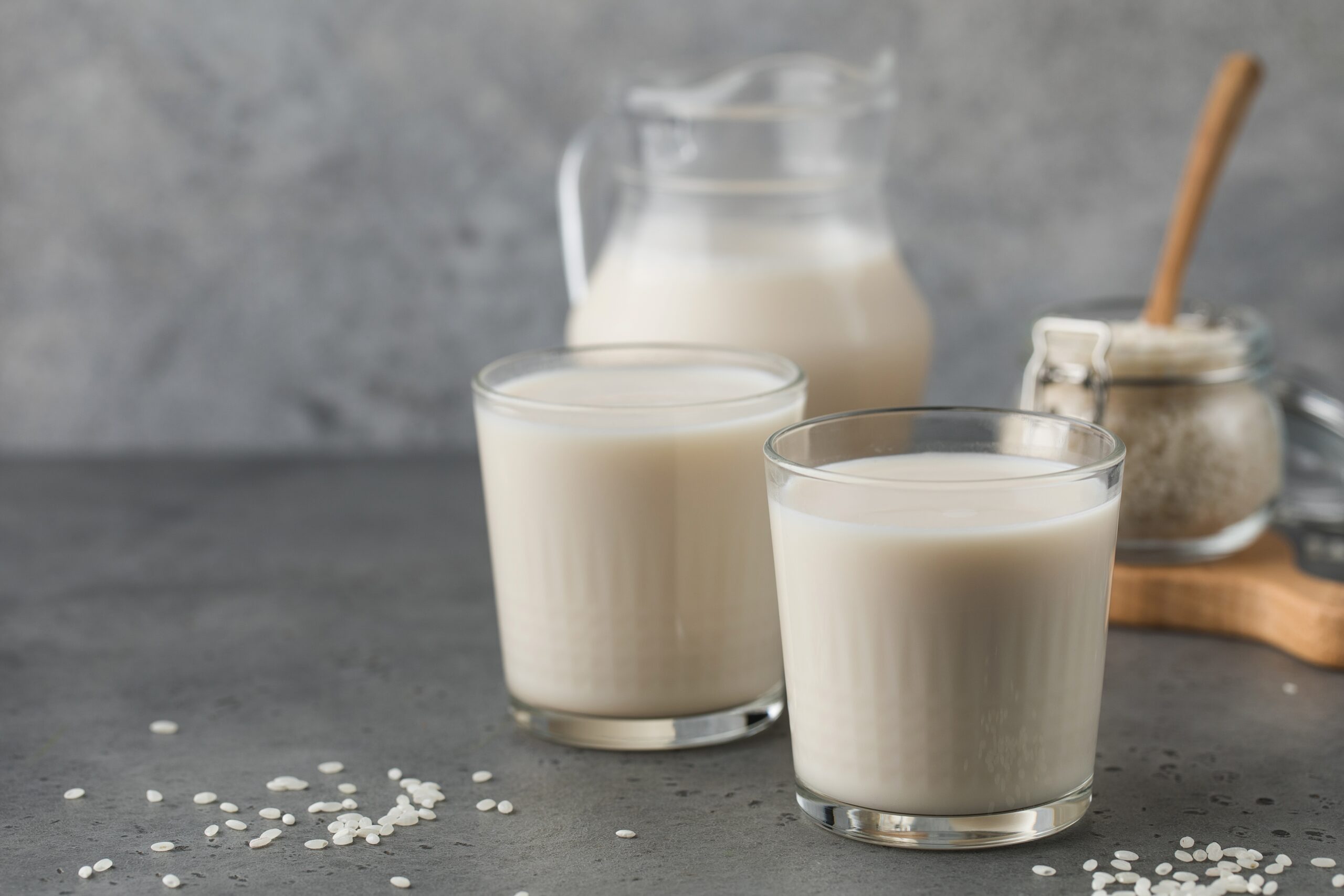
Rice milk is an excellent option for those with nut and soy allergies, as it’s made from milled rice and water. It’s naturally sweet and has a thinner consistency, making it a great addition to cereals and light beverages. While lower in protein, many rice milk brands fortify it with calcium, vitamin D, and vitamin B12 to enhance its nutritional profile. It’s also rich in carbohydrates, providing a quick energy boost. Its neutral flavor makes it an ideal base for smoothies and desserts.
Pea Milk
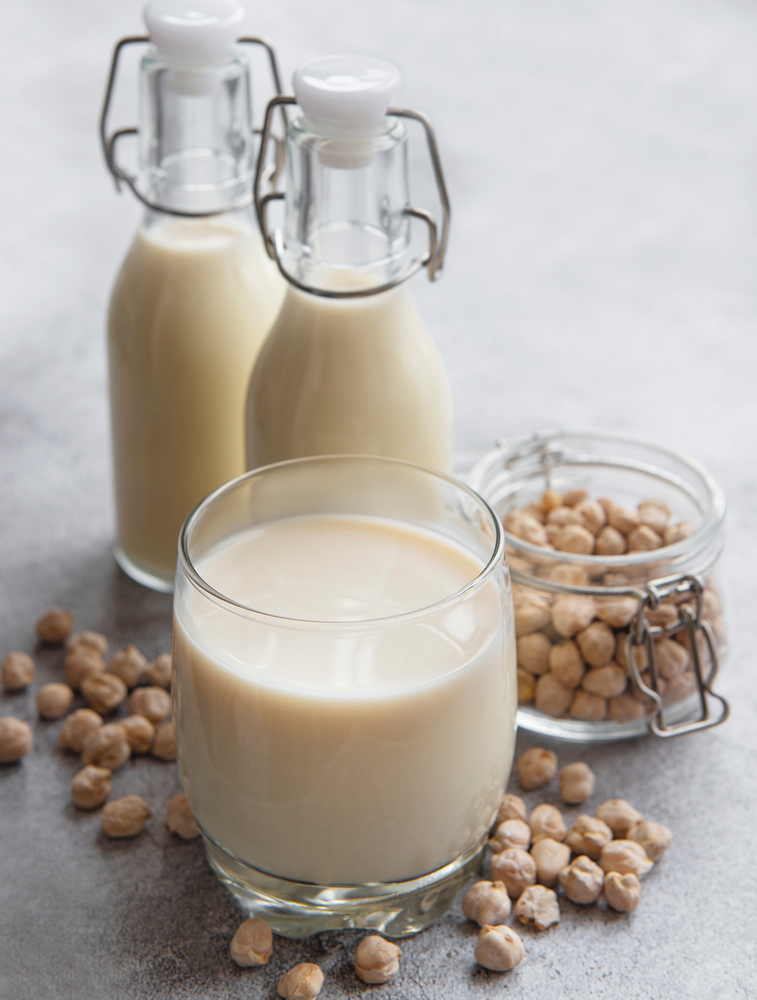
Pea milk is a newer player in the plant-based milk scene, but it’s quickly gaining popularity due to its high protein content. Made from yellow peas, it’s packed with plant-based protein, offering around 8 grams per cup. It’s also fortified with essential nutrients like calcium, vitamin D, and iron. Pea milk has a creamy texture similar to cow’s milk and works well in coffee, smoothies, and cooking. It’s an excellent option for those looking to increase their protein intake without consuming dairy.
Macadamia Milk
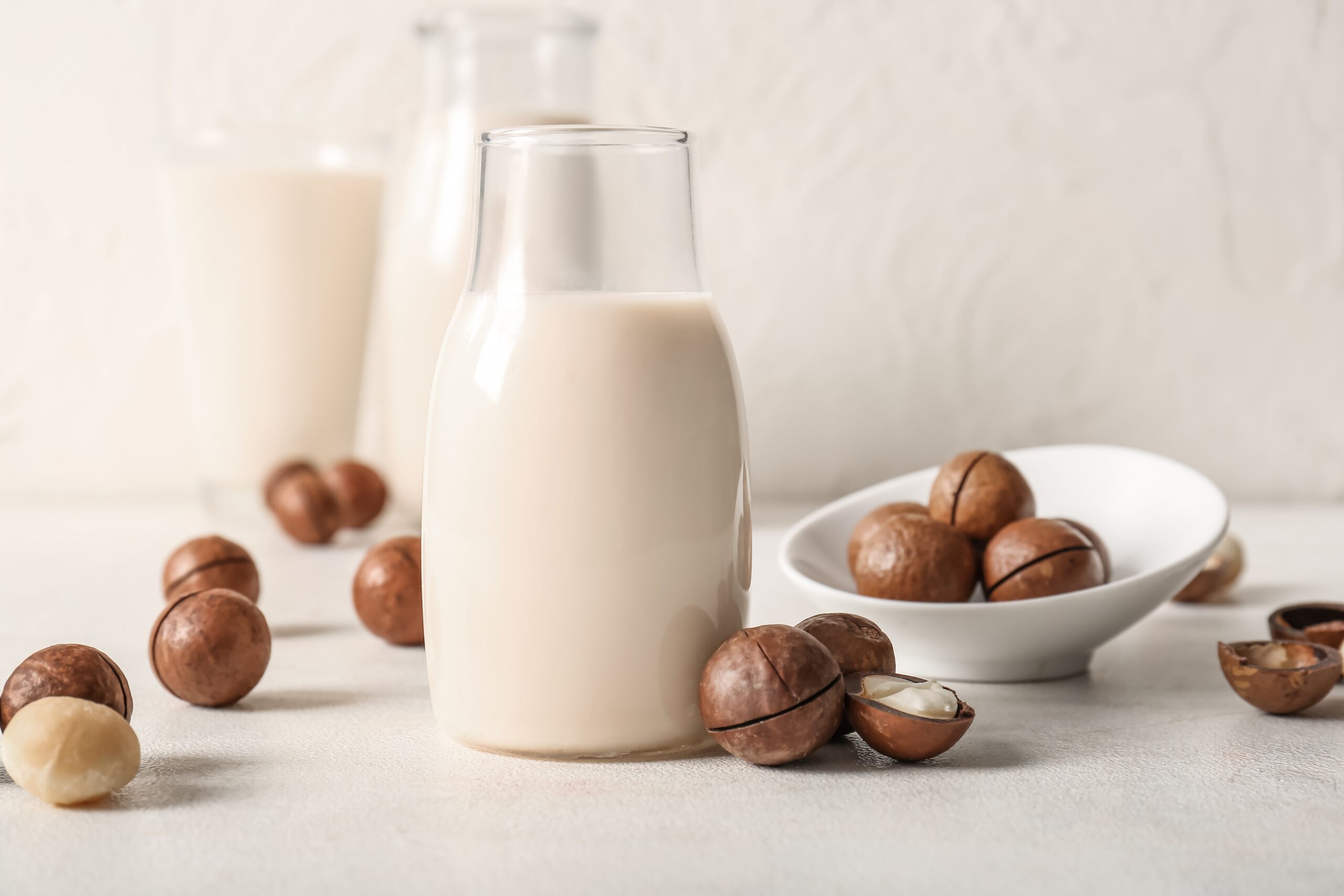
Macadamia milk is prized for its ultra-creamy texture and subtle, buttery flavor. Made from macadamia nuts and water, it’s rich in monounsaturated fats, which are beneficial for heart health. It’s typically lower in calories than cow’s milk, and many brands fortify it with calcium and vitamin D. Macadamia milk’s luxurious texture makes it perfect for creamy sauces, coffee, and baking. It’s also a great source of magnesium, essential for muscle and nerve function.
Quinoa Milk
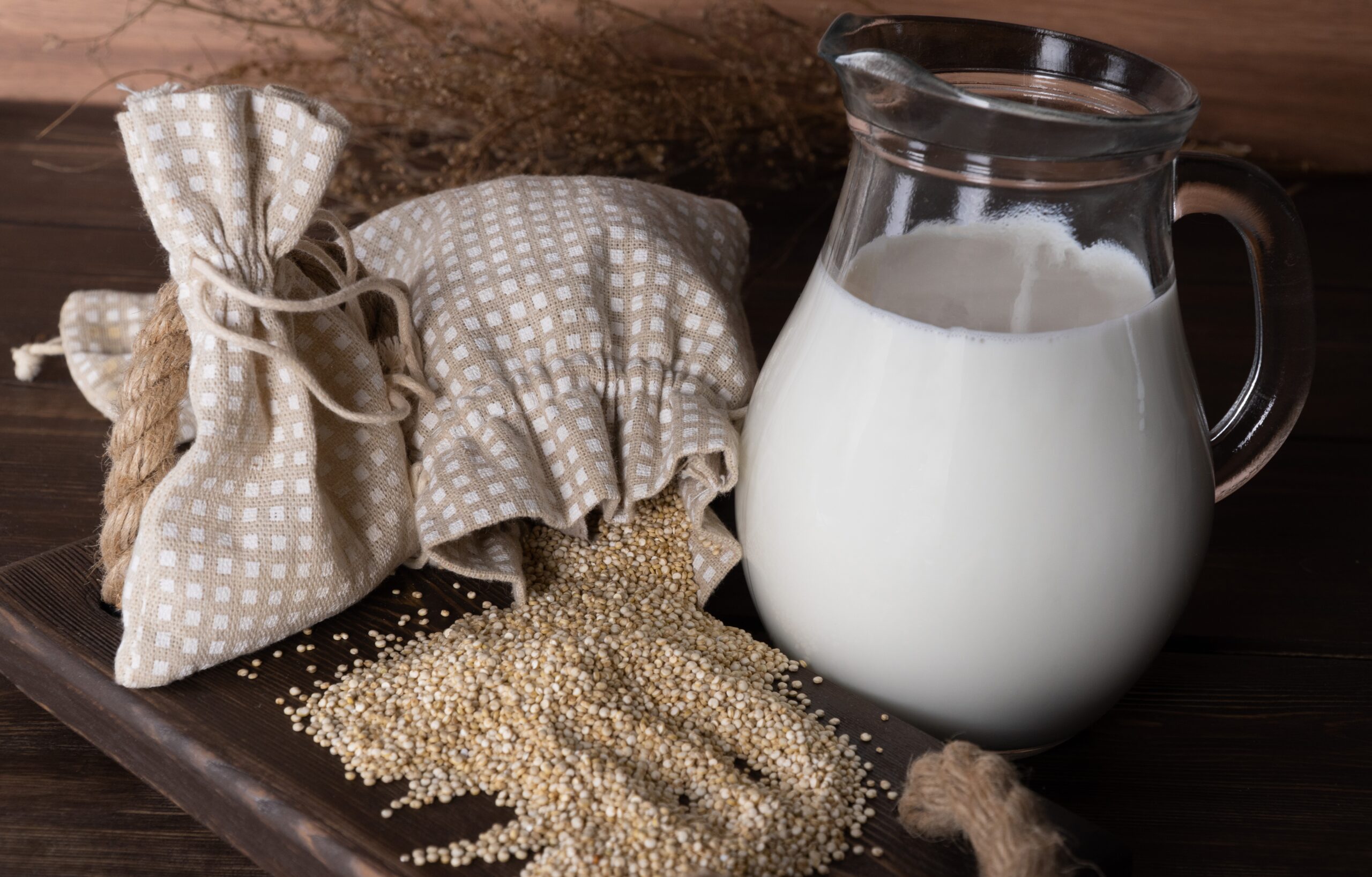
Quinoa milk is made by blending quinoa seeds with water, resulting in a slightly nutty flavor and a smooth texture. It’s a great source of protein, containing all nine essential amino acids, which makes it ideal for vegans and vegetarians. Quinoa milk is also rich in fiber, which supports digestive health. While not as common as other plant-based milks, it’s often fortified with calcium and vitamin D for added benefits. Its unique flavor works well in both sweet and savory dishes.
Flax Milk

Flax milk is made from flaxseeds, which are known for their high omega-3 fatty acid content. These healthy fats are essential for heart health and reducing inflammation. Flax milk is typically fortified with calcium, vitamin D, and vitamin B12, making it nutritionally comparable to other plant-based milks. It’s naturally low in calories and has a mild, nutty flavor that blends well in smoothies, cereals, and baking recipes. Its high omega-3 content makes it a great option for supporting brain and heart health.
Walnut Milk
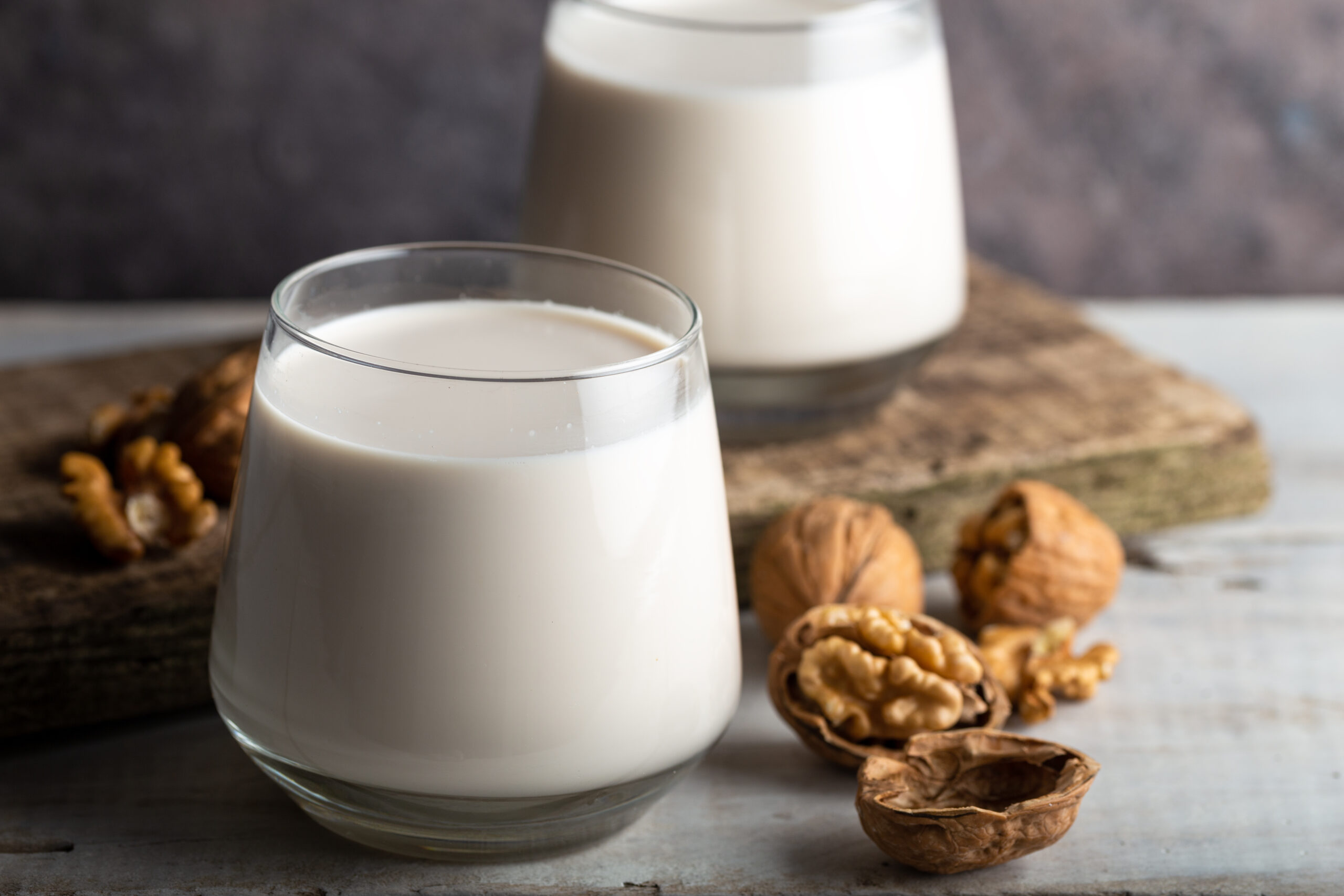
Walnut milk offers a slightly bitter yet rich flavor, and it’s packed with omega-3 fatty acids, which are essential for brain and heart health. It’s made by blending walnuts with water, and it’s often fortified with calcium and vitamin D to enhance its nutritional profile. Walnut milk is also a good source of antioxidants, which help protect against oxidative stress. Its bold flavor works well in smoothies, coffee, and savory dishes. It’s a unique and nutrient-dense alternative to more common plant-based milks.
Sesame Milk
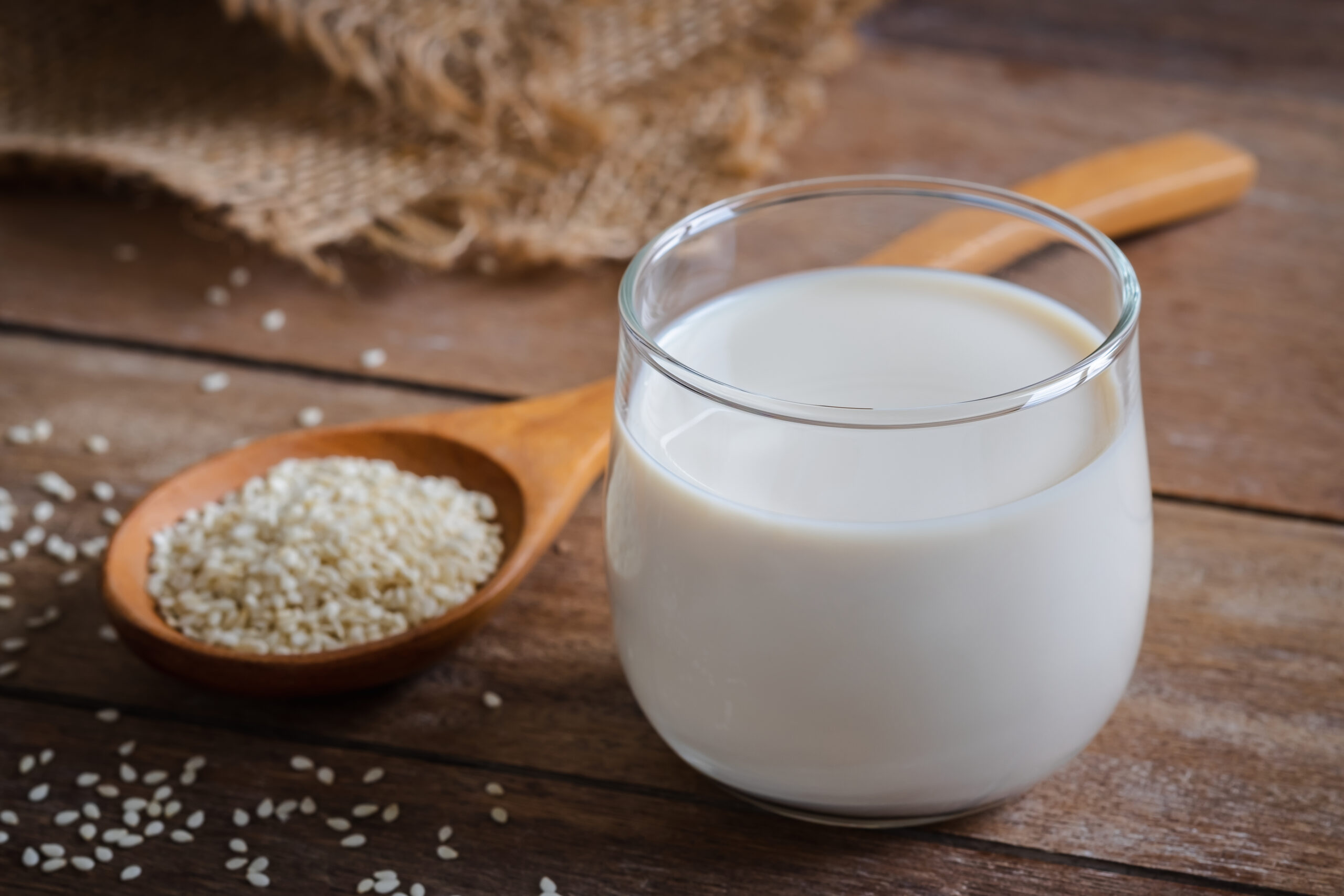
Sesame milk is a lesser-known but highly nutritious plant-based milk made from sesame seeds. These seeds are rich in calcium, magnesium, and zinc, which are vital for bone health and immune function. Sesame milk also contains healthy fats and a good amount of protein, making it a well-rounded dairy alternative. Many brands fortify it with additional vitamins like B12 and vitamin D. Its slightly nutty flavor pairs well with coffee, smoothies, and savory dishes.
Pumpkin Seed Milk
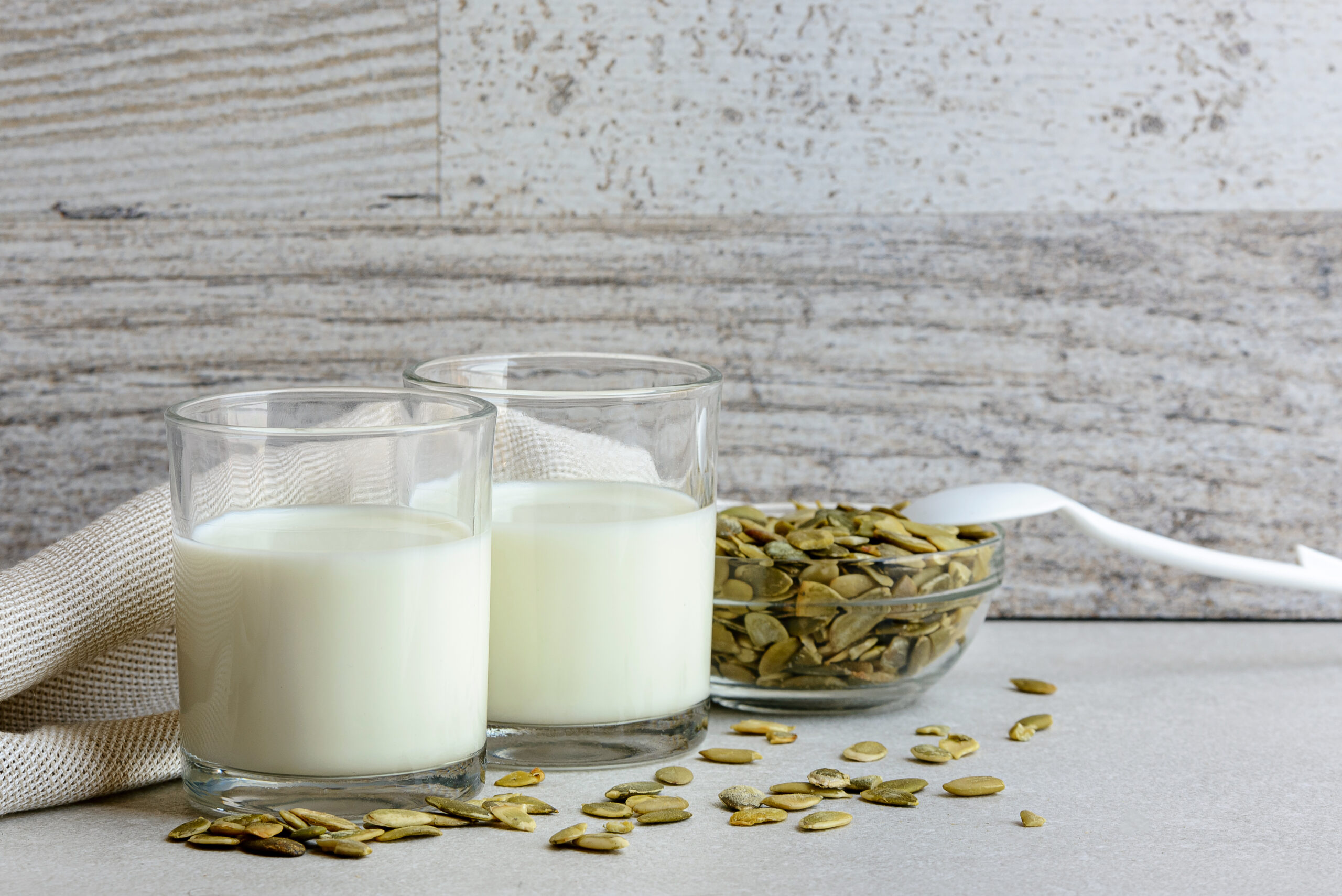
Pumpkin seed milk is a powerhouse of nutrients, packed with magnesium, zinc, and omega-3 fatty acids. Made by blending raw pumpkin seeds with water, this milk is also rich in antioxidants, which support immune health. It’s typically fortified with calcium and vitamin D to enhance its bone-supporting benefits. Pumpkin seed milk has a mildly earthy flavor that works well in smoothies, coffee, and baking. Its nutrient profile makes it an excellent choice for those looking to support heart and bone health.
Barley Milk
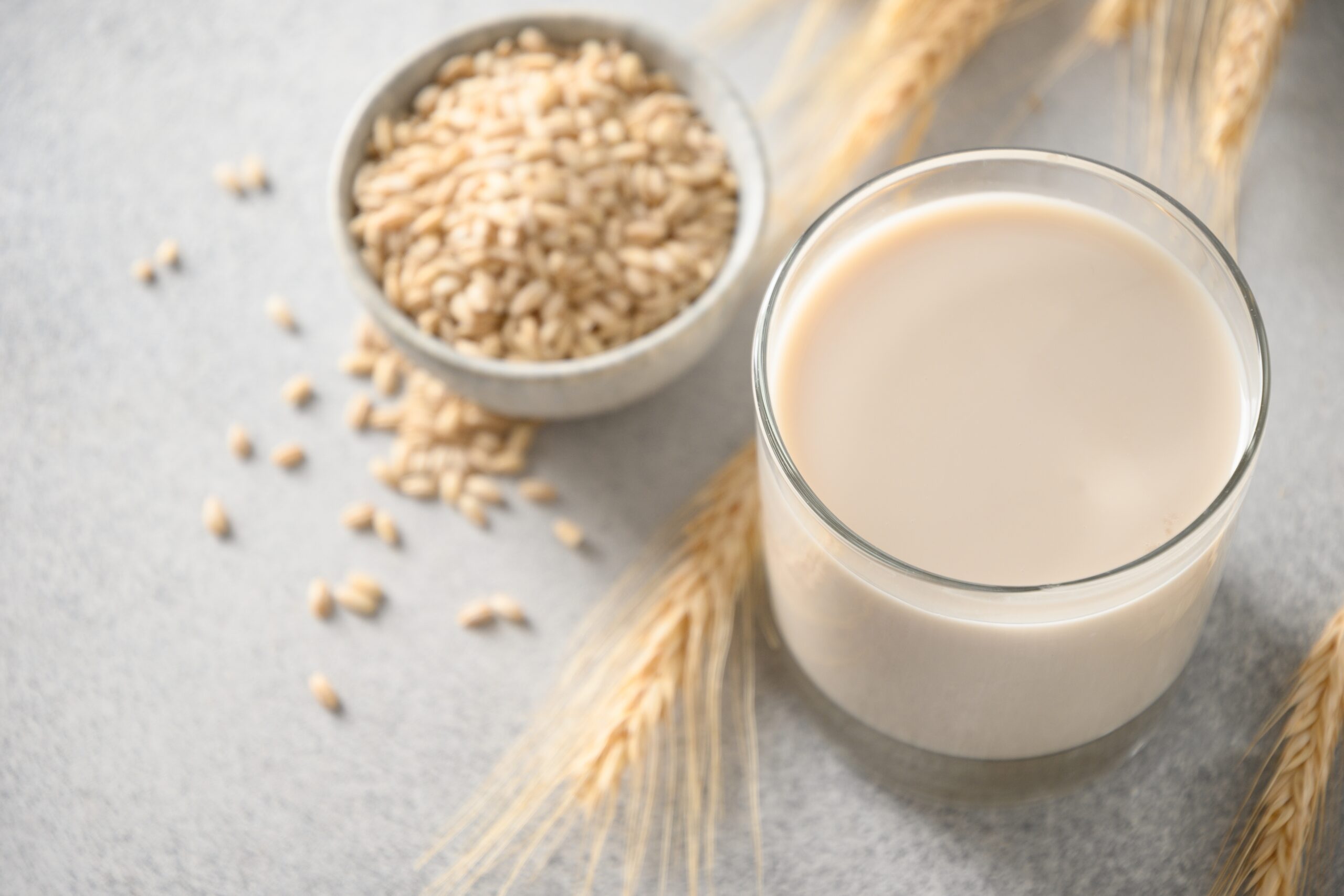
Barley milk is made by blending barley grains with water, and it’s gaining popularity for its rich fiber content. It’s particularly high in beta-glucans, which are known to support heart health by lowering cholesterol levels. Barley milk is typically fortified with calcium, vitamin D, and vitamin B12, making it nutritionally balanced. Its slightly sweet, nutty flavor makes it an ideal addition to smoothies, cereals, and baked goods. It’s a great option for those looking to add more fiber to their diet.
This article originally appeared on RetailShout.
More From RetailShout
15 Delicious Turkish Foods You Can’t Miss in Istanbul

Exploring Istanbul isn’t just about its stunning architecture and rich history; it’s also about indulging in its exceptional cuisine. Turkish food is known for its bold flavors and unique combinations, offering a delightful journey for your palate. Read More.
21 Aldi Fall 2024 Items, Ranked Worst To Best
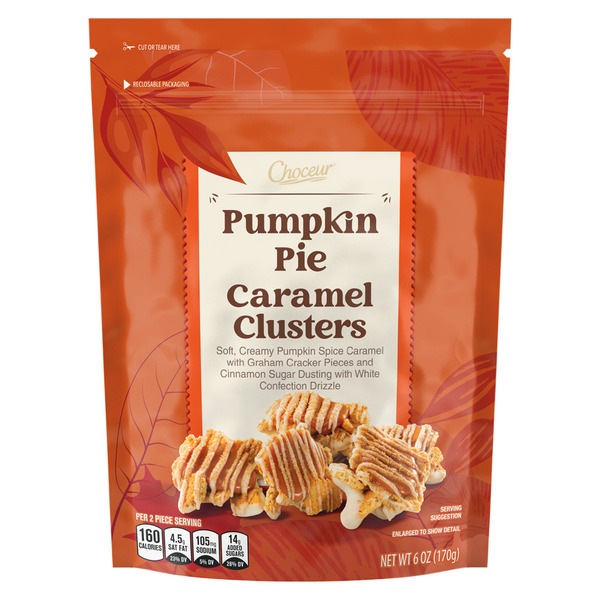
Fall is here, and you know what that means—Aldi’s seasonal items are back! Each year, Aldi rolls out an incredible selection of fall-inspired treats, packed with pumpkin spice, apple, and everything nice. Read More.
15 Energizing Teas to Incorporate into Your Day

Running low on energy? Instead of grabbing yet another cup of coffee, it’s time to steep yourself in something a little smoother. Tea isn’t just for calm evenings—it’s got the power to turn your sluggish moments into energized ones without the caffeine crash. Read More.

